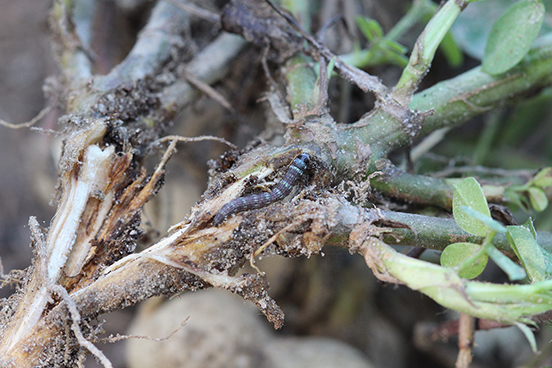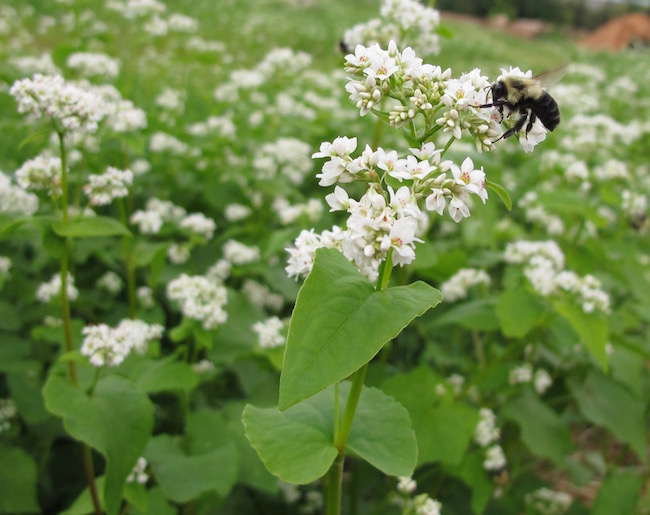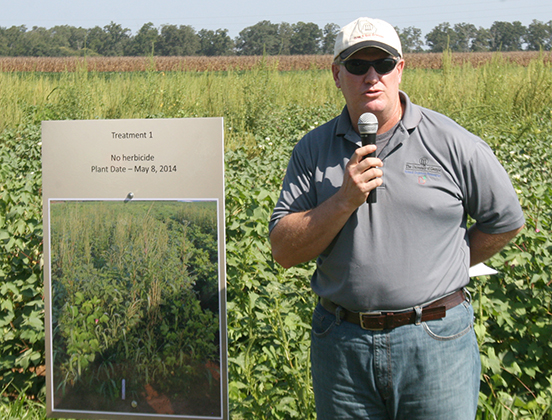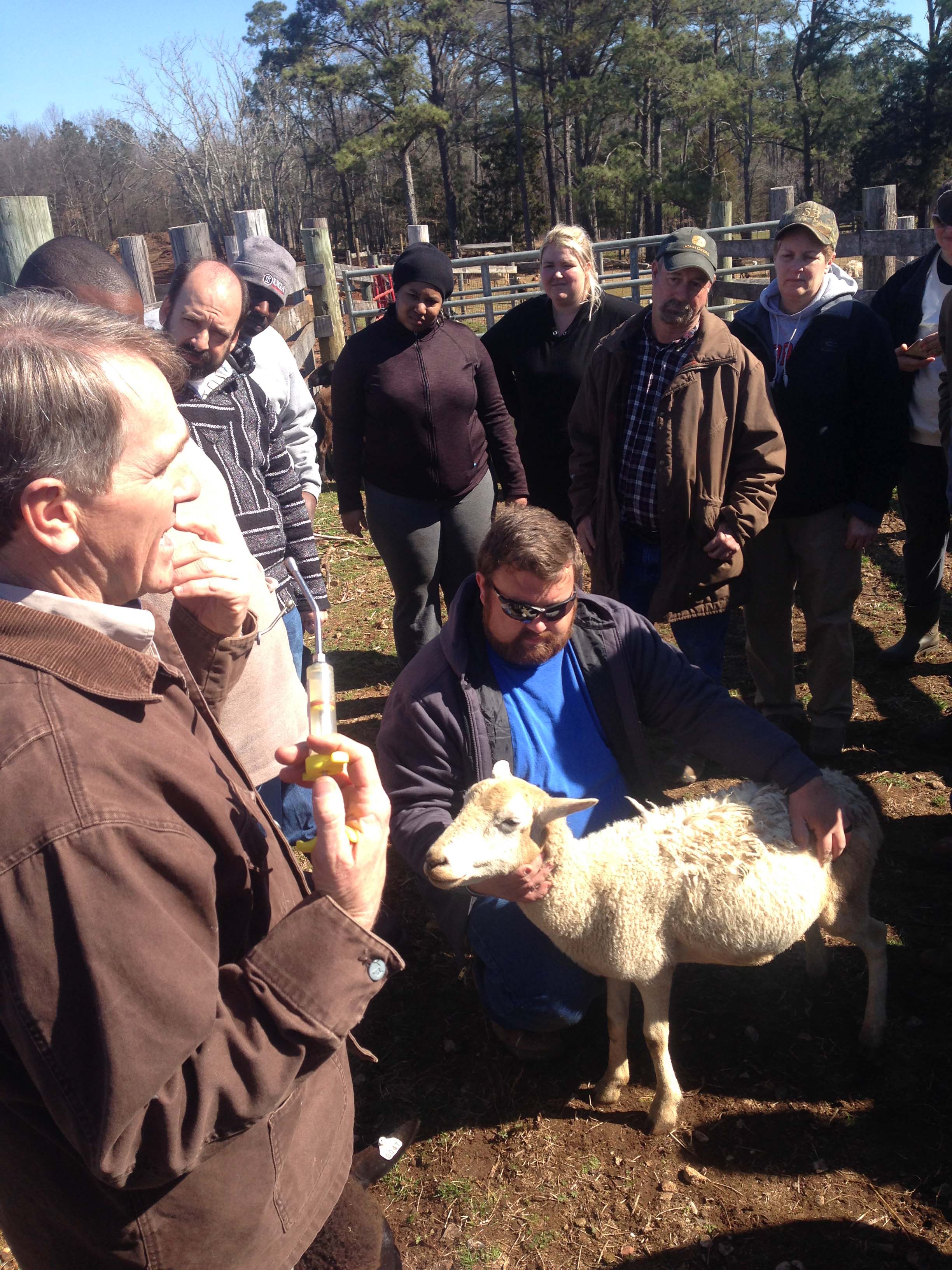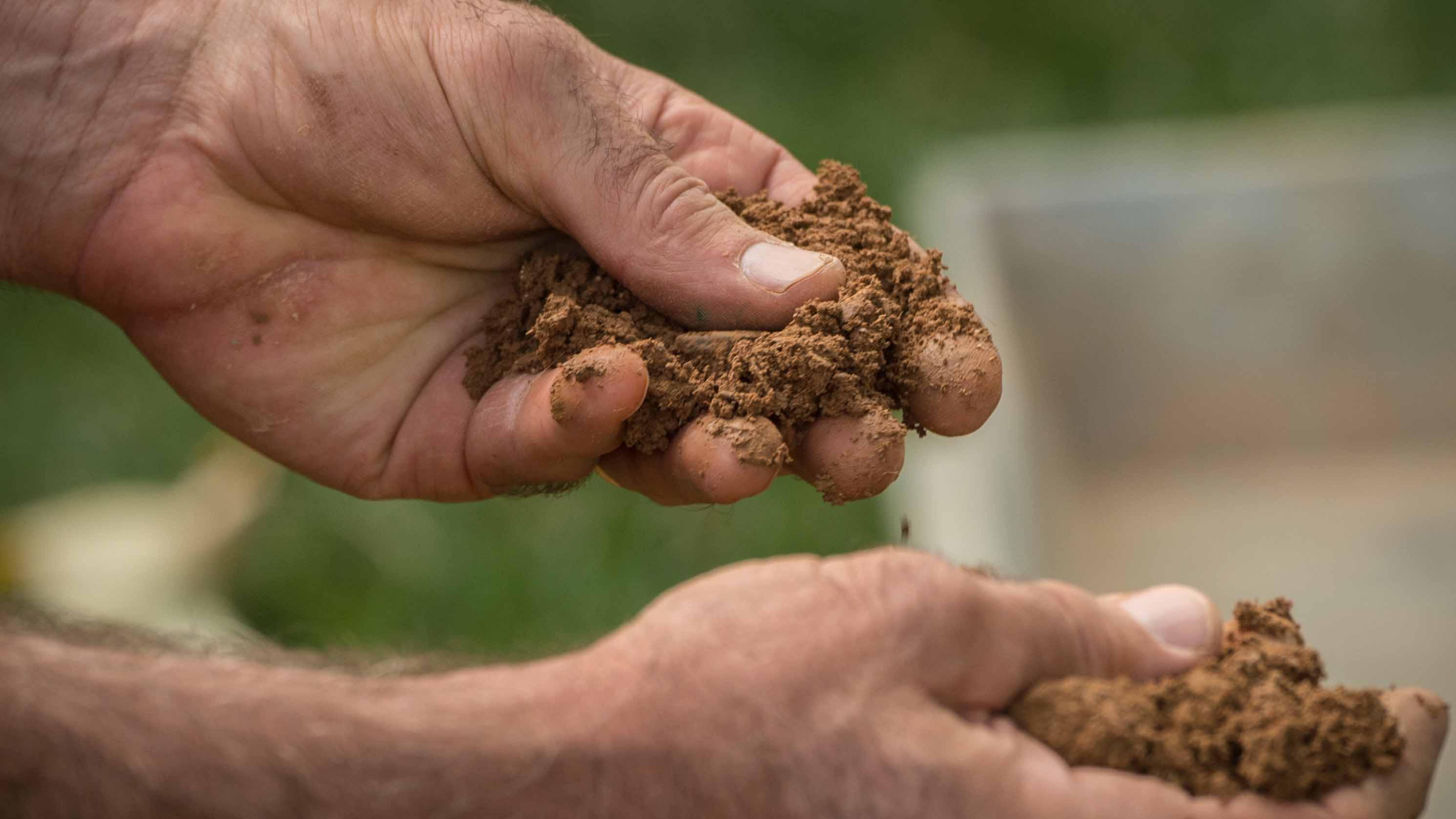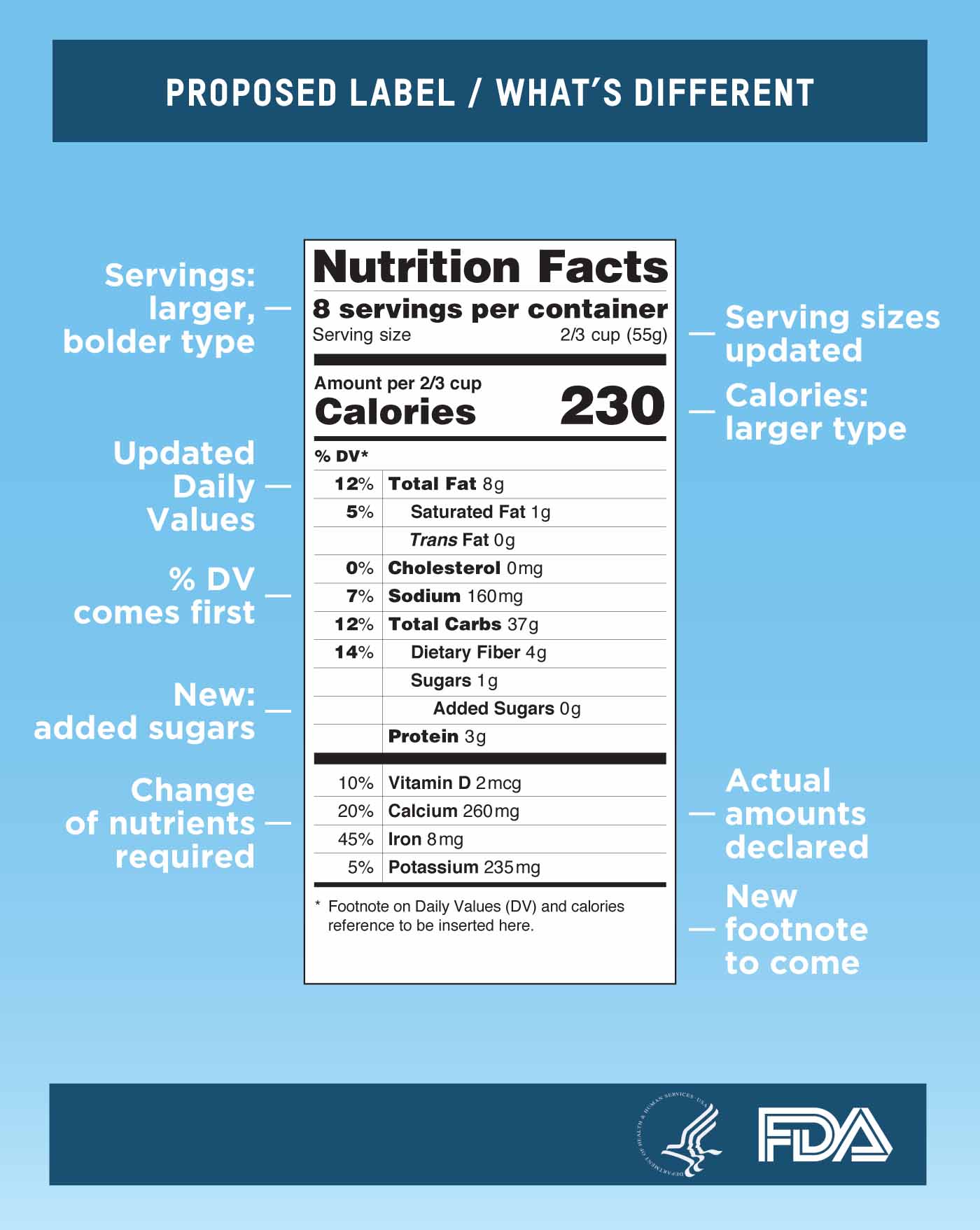 CAES News
CAES News
Watch out: Potato chips from the health food store are still potato chips
Have you ever accepted that second slice of pie because it was “low carb” or “fat free”?


